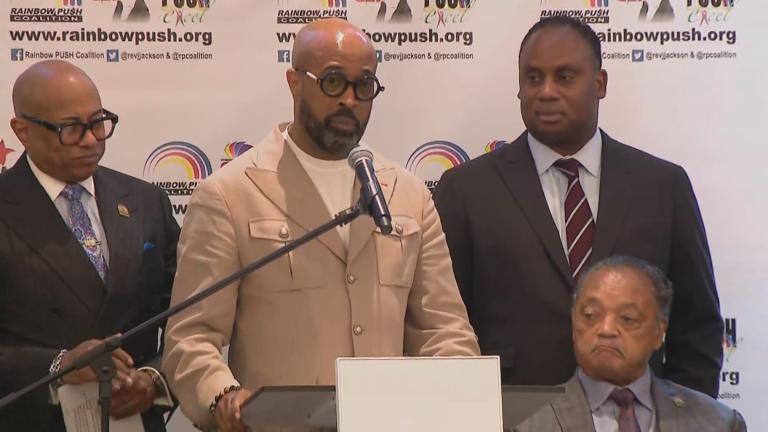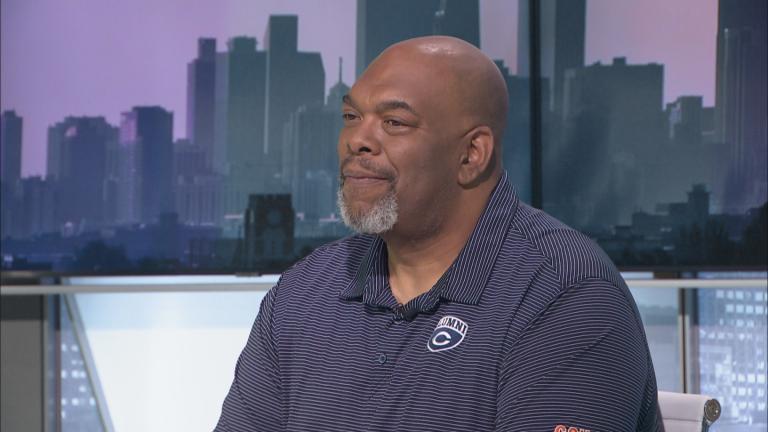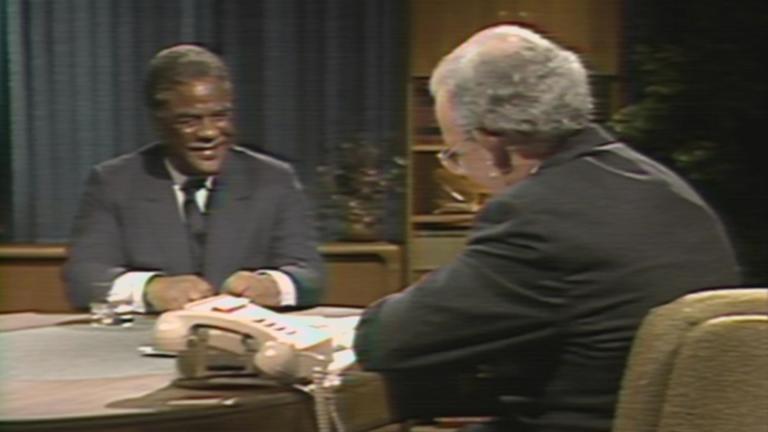Chicagoans are dying from cardiac arrest at younger ages, according to a new study from the University of Illinois Chicago.
The study found the average age for cardiac arrest outside the hospital fell from 64 to 62.
That number drops even lower for Black Chicagoans — prompting researchers and community groups to remind residents what they need to know about their heart health.
Cardiac arrest occurs when the pumping action of the heart has completely stopped and is no longer sending blood and nutrients to the body. This is different from a heart attack, which happens when a clot reaches the heart, causing a blockage. A heart attack can lead to cardiac arrest.
Shaveta Khosla is the lead author of the study and said that while researchers haven’t yet pinpointed the cause for the decreasing age, it indicates a need for awareness from both patients and responders.
For patients, an increased likelihood of cardiac arrest includes factors such as high blood pressure, high cholesterol or diabetes. Regular checkups with a physician and access to healthy foods can help lower these risks.
Illinois Heart Rescue is an organization that offers free CPR training and other resources for heart health awareness. Courtney Schwerin, the executive director, said there is a chain of actions that needs to happen to survive a cardiac arrest.
“That goes from early bystander intervention with CPR and AED use to activating our emergency responders through 911 calls,” Schwerin said. “And then working with our first responders and hospitals. So it takes an entire system.”
Dr. Bernice Fokum is an emergency medicine physician at UChicago Medicine. She explained that every second counts when responding to cardiac arrest.
“If bystander CPR is not activated early, if those interventions are not started early, there’s very little we can do once they come to the hospital,” Fokum said. “However, in the moment of a cardiac arrest, if you see somebody collapse, if you see that they’re breathing irregularly, … if you feel, very importantly, under their chin for a pulse or feel their wrist for a pulse, and you don’t feel a pulse, that’s when you start bystander CPR, immediately.”
Fokum added that another person should call 911 and a third should find an AED.
For Khosla, being aware of what can be done as an individual or responder can have greater impacts on a whole community.
“If people are experiencing cardiac arrest at a younger age, then that means those years that could have gone into building a productive society, working towards building your family and your community — those years are effectively lost,” Khosla said.








